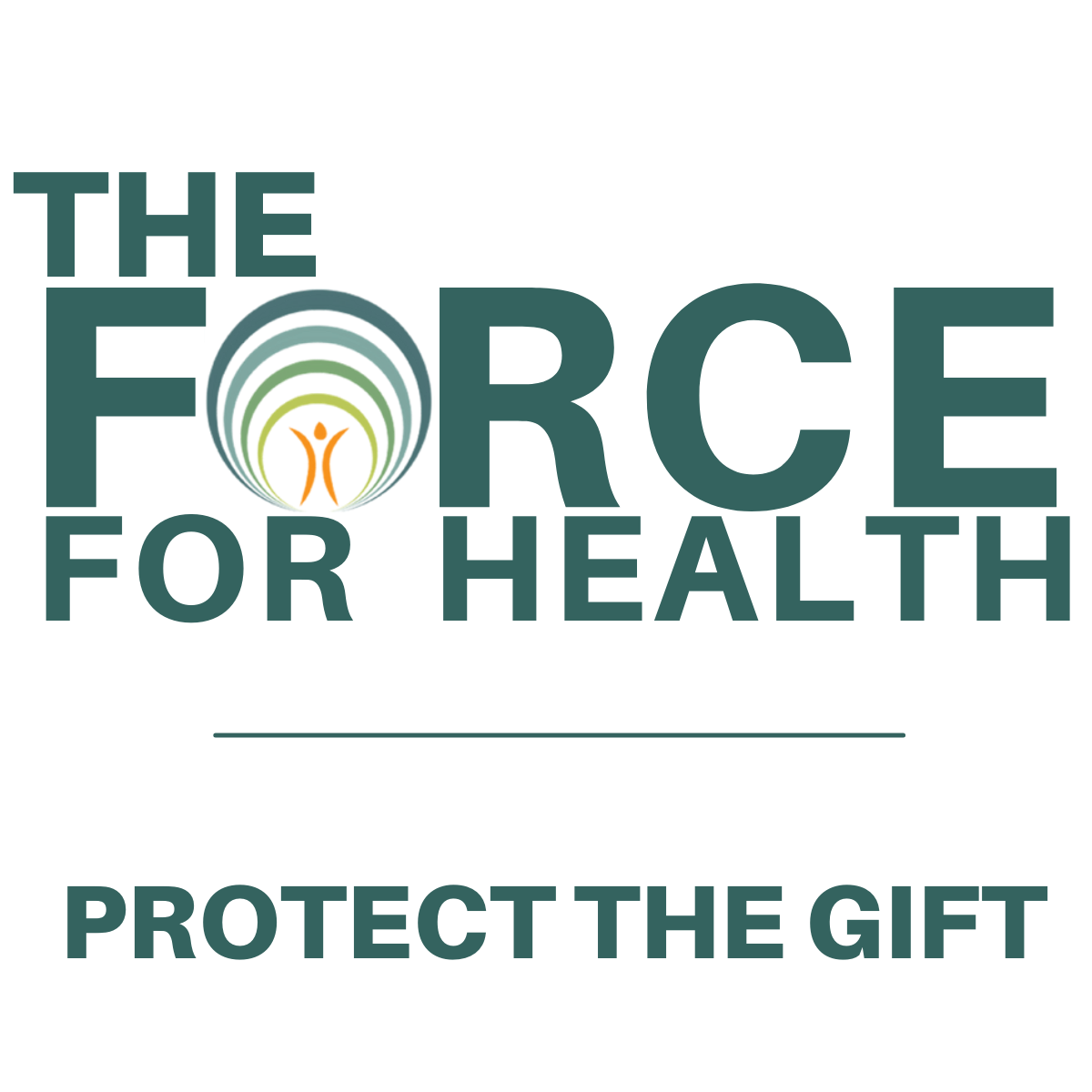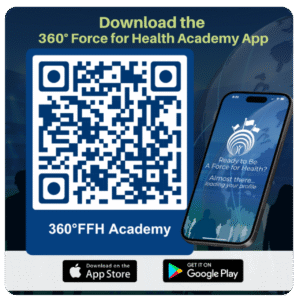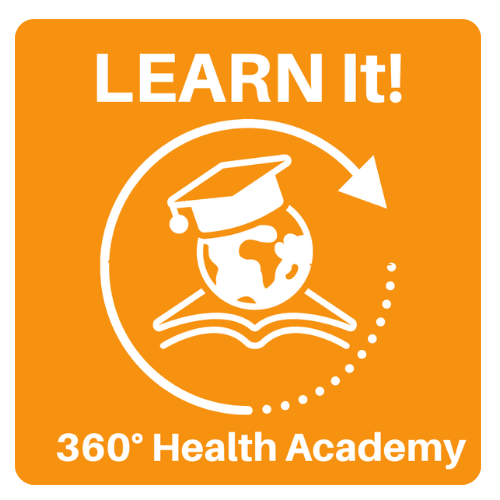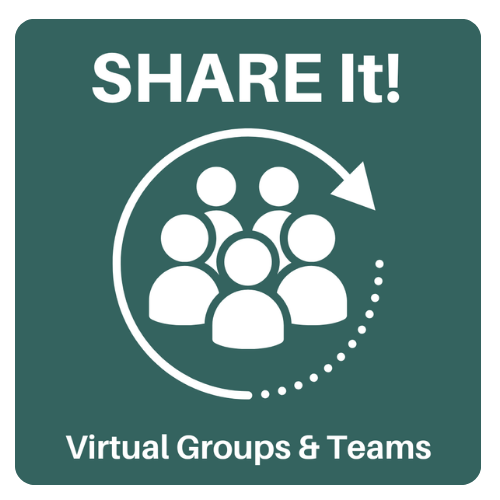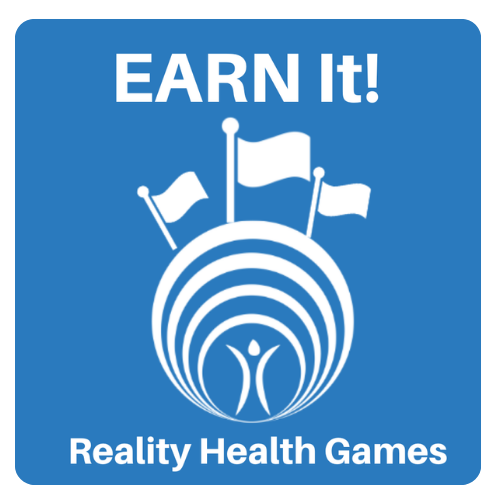August is National Breastfeeding Month, a time to celebrate and support breastfeeding families, highlight the benefits of breastfeeding, and provide resources and help to mothers.
Why is this important?
Research shows that breastfed babies have lower risks of asthma, childhood leukemia, childhood obesity, ear infections, and more. Mothers who breastfeed also have lower risk of type 2 diabetes, ovarian cancer, and certain types of breast cancer.
“Breastfeeding has many health benefits for infants, children, and mothers and is a key strategy to improve public health,” according to the CDC.
Let’s explore tools and resources that can help mothers and families with breastfeeding.
1. U.S. Breastfeeding Committee
Many mothers, especially Latinas, face many barriers to breastfeeding.
The U.S. Breastfeeding Committee (USBC) is comprised of national organizations that work to protect, promote, and support breastfeeding and human milk feeding.
The USBC offers a library of learning opportunities with webinars, toolkits, and reports.
Additionally, the USBC also has reference materials on a variety on breastfeeding access policies, systems, and environmental changes.
Along with information about breastfeeding and human milk feeding during emergencies, the USBC also provides resources for lactation support providers, emergency responders, and parents.
State and territory breastfeeding reports can also be accessed, along with a lactation support provider training directory.
For additional resources, information, news, and more, visit USBC’s website.
2. WIC Breastfeeding Support
When beginning or thinking about starting breastfeeding, questions and challenges abound.
That is why the Women, Infants, and Children (WIC) federal program provides resources for people breastfeeding at any stage, including the basics of breastfeeding, including how milk is made, when to nurse, how long babies nurse, and more.

“Breastfeeding is natural, but that doesn’t mean there isn’t a lot to learn! At WIC, we’ve got the info you need to make breastfeeding successful,” according to the WIC website.
WIC also has tips and steps with videos and graphics to help with breastfeeding.
Similarly, through WIC, people can also find support and ways to get help if faced with challenges during breastfeeding.
“It’s normal to feel frustrated if you’re having difficulty breastfeeding. For many moms, overcoming challenges is part of the breastfeeding journey,” according to WIC.
For mom’s going back to work, WIC also provides tips for talking with employers about pumping at work.
“If workplace policies aren’t already in place, it’s probably because no one has ever needed them before. By speaking up, you’ll be helping other new moms, too,” WIC states.
WIC also highlights breastfeeding rights and tips for using bottles with breastfed babies.
Breast pumping basics, options for finding low-cost breast pumps, and tips on pumping and expressing milk are also available.
Breastfeeding is a journey for moms, so it’s important for them to have support from friends and family. With this in mind, WIC has additional resources for dads and grandparents when it comes to understanding and supporting breastfeeding.
WIC also has tools for WIC partners and WIC staff.
The state of Texas also has a Texas WIC breastfeeding website that offers additional support and the option of video consults, which allows people to get help from a lactation consultant or a breastfeeding peer counselor through video on one’s computer, phone or tablet.
All of these useful resources and more can be found through the WIC breastfeeding webpage.
3. La Leche League International
La Leche League International (LLLI) works to help mothers breastfeed through support, encouragement, information, and tips from other mothers.
Through LLLI, people can access online support groups in English and Spanish.
Additionally, LLLI provides information on breastfeeding, breastfeeding in public places, foods for nursing parents, latching and more.
People can access links to resources for infant feeding in emergencies in multiple languages.
Through LLLI, mothers can volunteer to become accredited LLLI leaders and provide mother-to-mother, peer-to-peer support.
Breastfeeding mothers can also get helpful publications and articles.
LLLI also provides a webinar library designed for the community, healthcare workers, LLLI leaders, and others interested with research, new developments, and other education opportunities.
For a complete list of resources, ways to volunteer and donate, and learn more about the LLLI, visit their website.
4. The Office on Women’s Health
The U.S. Office on Women’s Health (OWH) through the Office of the Assistant Secretary for Health has created a webpage that focuses on breastfeeding.
OWH can help in the earliest of stages, providing questions and issues to consider when it comes to making the decision to breastfeed.
“Breastfeeding may be natural, but it’s also a skill that takes practice,” according to the OWH.
To that goal, OWH has resources on preparing to breastfeed, making breastmilk, and getting a good latch.
Additionally, mothers can find helpful information on topics like:
- Breastfeeding challenges
- Pumping and storing breastmilk
- Breastfeeding at home, at work, and in public
Mothers and, employers, and others on the breastfeeding journey can also learn more about the Business Case for Breastfeeding.
“The Business Case for Breastfeeding is a comprehensive program designed to educate employers about the value of supporting breastfeeding employees in the workplace,” according to OWH.
OWH also has created a list of ways that mothers can find support through healthcare professionals, mother-to-mother support, and federal programs.
They also have a helpline staffed with breastfeeding peer counselors who can answer breastfeeding questions in English or Spanish, support mothers through breastfeeding challenges, and connect others with other resources to help if needed.
The helpline can be reached at (800-994-9662).
The OWH Helpline is staffed Monday through Friday, 9 a.m. to 6 p.m. (ET) and is closed on federal holidays.
Examining the Health of Your Community
Breastfeeding contributes to the overall health of babies and mothers.
But why does the health of your community matter?
Find out by exploring your local Health Equity Report Card by Salud America!
Through the report card, you can examine how your county is doing on a variety of health-related conditions like poverty, healthcare, mental health, access to healthy food, and more.
Search for your county and compare to other counties and states across the nation.
Share your results with local leaders and health organizations to advocate for change and start important conversations about health disparities in your area.
Get your Health Equity Report Card!
The post 4 Great Breastfeeding Resources for National Breastfeeding Month! appeared first on Salud America.
Recommend0 recommendationsPublished in Fit Fiesta Force, Fuerza por la Salud
